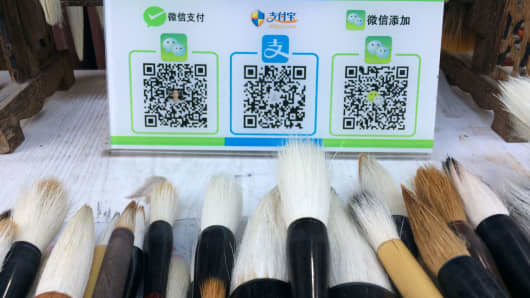1. Governments are not always friendly to their own citizens; especially if they are dissidents, or classes (like slaves, social outcasts, the homeless, etc.) who live on the edges of society for one reason or another.
I prefer as much freedom as I can obtain. I do not think government should act like my parent, however well-intentioned. That includes monitoring how I utilize my funds.
In fact, the way things are going with people on the Left trying to control free speech, freedom of thought, the right to keep and bear arms, and other goals of SJW conformity...I am not surprised most arguments for more centralized control over people's lives seem to come these days from that political direction.
2. You ignore my points about the essential differences between coin/paper and electronic "currency" to pursue your own narrative. Typical. :roll:
There is no argument about having a form of currency which alleviates the need to barter. The argument is about which allows more individual freedom as opposed to more government control.
To paraphrase one of my favorite sayings; surrendering essential liberties (yes, economic freedom is an essential liberty) in exchange for promises of convenience and security, results in loss of both liberty and security. :twocents:

